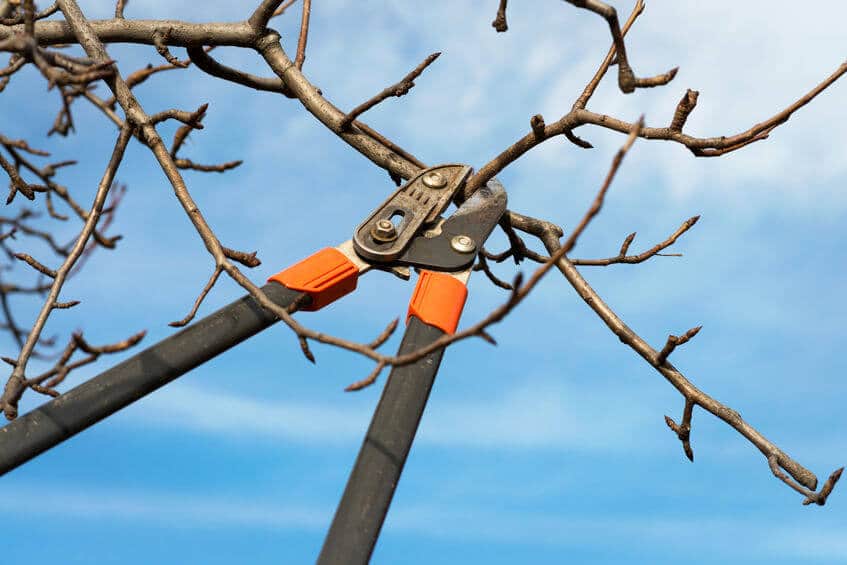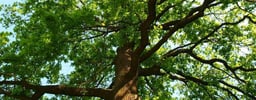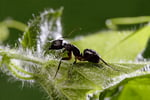What is it about spiders? They are probably the most universally loathed pest out there, from their eight legs to messy webs, or how they seem to appear when you least expect them, spiders are nothing to shake a stick at. While most spiders are harmless, there are some whose venom is highly toxic to humans and pets, even deadly! Because of their behavior, spiders are naturally tricky pests to get rid of, so here are some tips in removing them from your property.
Spider Control for the Home
Using household bug sprays are not as effective as their labels might suggest they are. Spiders are light on their feet, tiptoeing across treated surfaces, rendering conventional sprays ineffective.
Besides directly killing a spider through contact, the best thing you can do to reduce spiders in your home is to get rid of their food. Since spiders are hunters, they will go where their prey is. Ants, flies, and other bugs are all eaten by spiders. A spider infestation may be an indicator that you have a bigger pest problem that involves more than one kind of insect. In this case, you may want to consider getting professional help.
You can use sticky traps or glue traps to catch spiders. As their name implies, sticky traps use a sticky adhesive to trap spiders that venture into or onto them. Few things are more attractive to a spider than helpless prey so you will often find an insect stuck to the trap, with the spider trapped as well.
Look out for spider hiding places around your property. Spiders like to stay out of sight until their food is firmly within grasp. Dark, quiet areas are often the preferred habitat for spiders. Corners along walls and ceilings, gaps, crevices, holes, and cracks are all places a spider, or any small pest for that matter could get in. Be sure to watch these areas and near windows and doors for pests and fill them in if you can. Fewer entry points from outside could mean there will be fewer pests getting inside your home.
Common Household Spiders
There are countless spider species in the world, but relatively few varieties most North American households need to be concerned with. Some are harmless, a few are dangerous so it is a good idea to be at least somewhat familiar with these spiders. A few common types include:
- Brown Recluse
- Black Widow
- Domestic/Common House Spider
- Wolf Spider
- Jumping Spider
- Hobo Spider
- Cellar Spider
- Garden Spider
- Ground Spider
The most dangerous of these spiders include the Brown Recluse and Black Widow Spider. Others, such as the Hobo Spider, Wolf Spider, are usually non-lethal, but may still bite.

Black Widows are among the most dangerous spiders you could find around your home. They are smooth and jet-black in appearance, with a red telltale hourglass shape or dot underneath their abdomens. Their bites are highly toxic so it is best to handle with extreme caution, or not at all! Black Widows prefer a source of steady warmth, such as inside your home, plenty of insects to eat, and a dark space to hide in.

The Brown Recluse is a deadly spider that can be difficult to identify. They are dull brown in color, with a violin-shaped pattern on their backs. These arachnids can be confused with others, so the best way to identify them is by counting their eyes. Most spiders have eight eyes, while the Brown Recluse only has six.
Hobo Spiders are often confused with the Brown Recluse. Both are dull brown, but the Hobo has much hairier legs and has a spine-like pattern down their backs rather than a violin shape. Hobo Spiders were thought to be as dangerous as the Brown Recluse but newer research has been shown them to be non-lethal. However, please exercise caution if you believe may have encountered one.
Professional Spider Control
Spider control is not always easy, this is especially true when confronting potentially dangerous species! Pest control companies such as Senske Services employ highly trained technicians that understand the behaviors of these elusive arachnids and understand how to safely remove them from your home. If you believe that you have encountered a venomous species, it is highly recommended to contact our team quickly to avoid the risk of being bitten. The last thing anyone wants is a trip to the emergency room!










